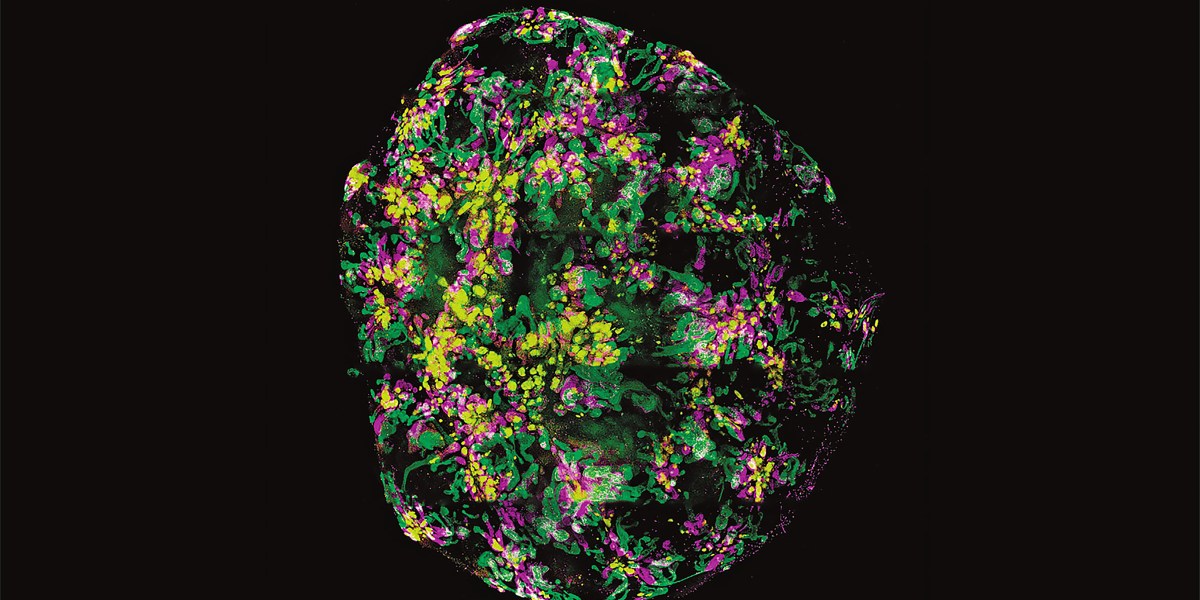Get the latest tech news
Are We in the 'Anthropocene,' the Human Age? Scientists Say: Nope
Science magazine "has confirmed that a panel of two dozen geologists has voted down a proposal to end the Holocene — our current span of geologic time, which began 11,700 years ago at the end of the last ice age — and inaugurate a new epoch, the Anthropocene. "Starting in the 1950s, it...
The vote, first reported by The New York Times, is a stunning — though not unexpected — rebuke for the proposal, which has been working its way through a formal approval process for more than a decade... [S]ome felt the proposed marker of the epoch — some 10 centimeters of mud from Canada's Crawford Lake that captures the global surge in fossil fuel burning, fertilizer use, and atomic bomb fallout that began in the 1950s — isn't definitive enough. It is used in art exhibits, journal titles, and endless books... And others have advanced the view that it can remain an informal geologic term, calling it the "Anthropocene event...." From the New York Times: Geoscientists don't deny our era stands out within that long history. That's why several experts who have voiced skepticism about enshrining the Anthropocene emphasized that the vote against it shouldn't be read as a referendum among scientists on the broad state of the Earth.
Or read this on Slashdot
